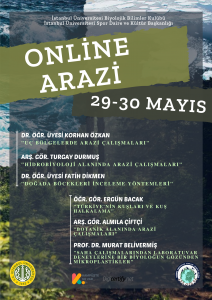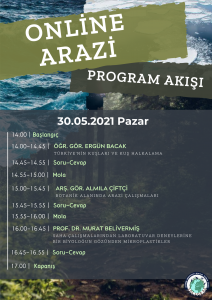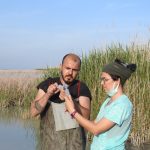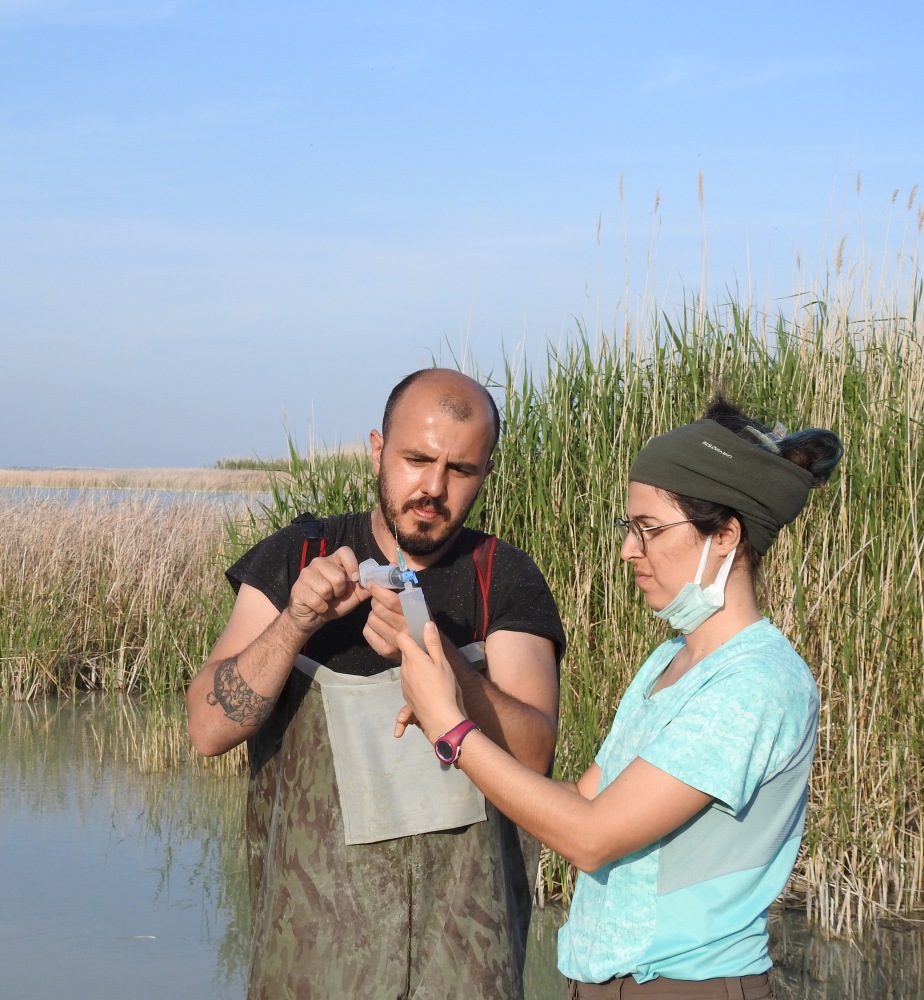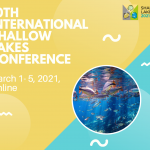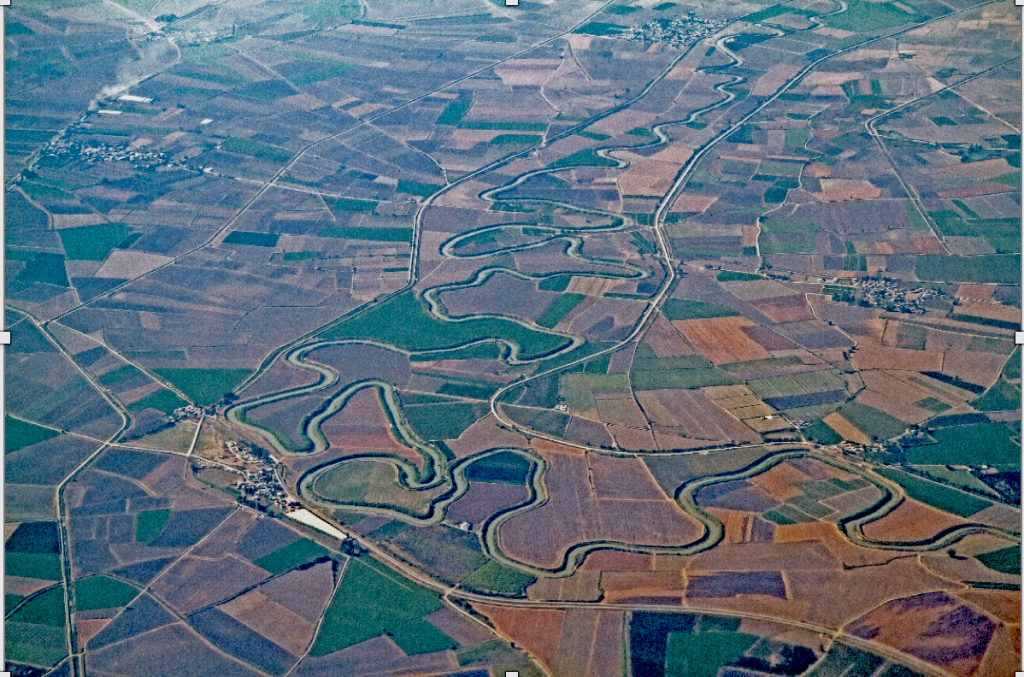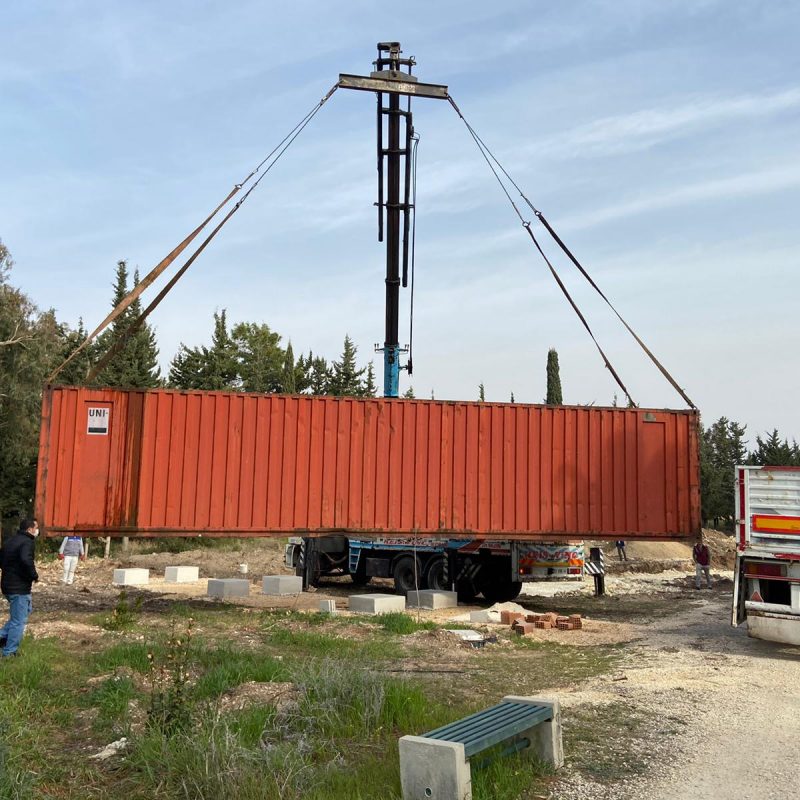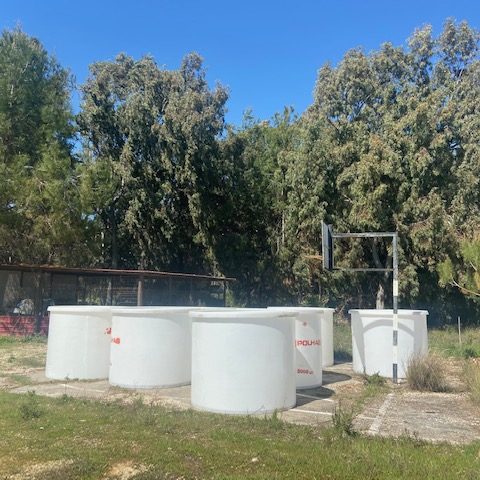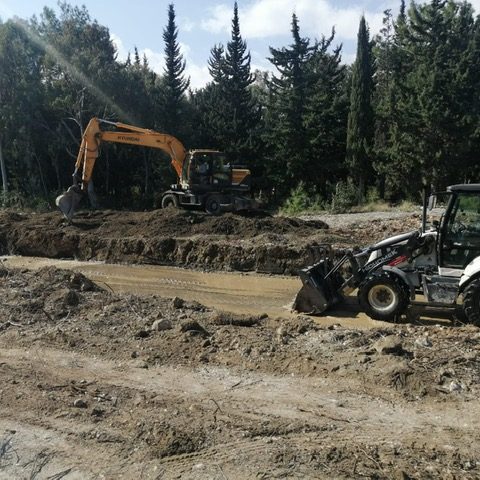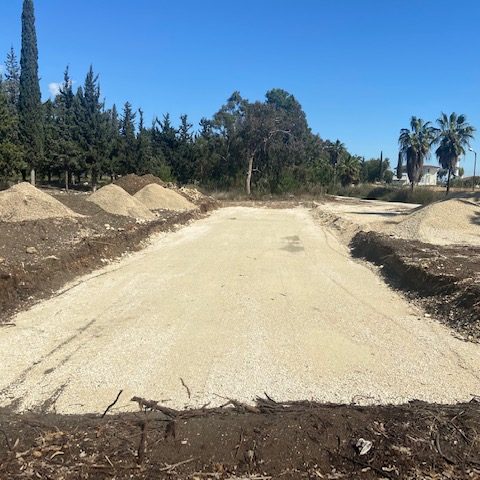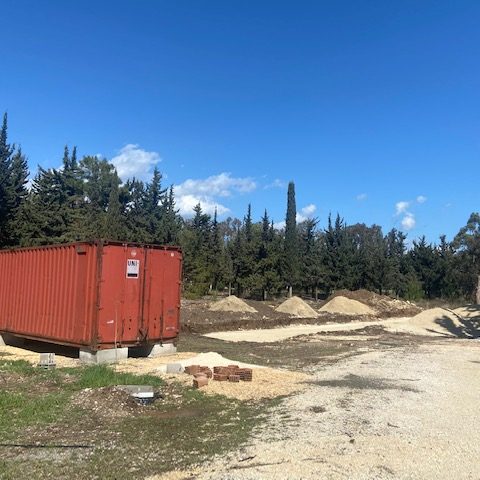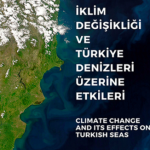SGD Project Kick-off Meeting was held online on February 24, 2021. It was great to get toger-ther with all the members of the project team (researchers from Middle East Technical University, Hacettepe University, Akdeniz University and Louisiana State University) to discuss an exicting three years ahead. The meeting started with the overview, then the initial modeling studies and results for the residence times and water budgets were presented. Pilot studies and necessary logistics were discussed. The methodology to be applied for sea/groundwater sampling and radioisotope measurements was reviewed.
It was fantastic to see the project get off to such a strong start, and we have no doubt that the team will continue to succeed for the next three years!
For more information, check out the project website!

